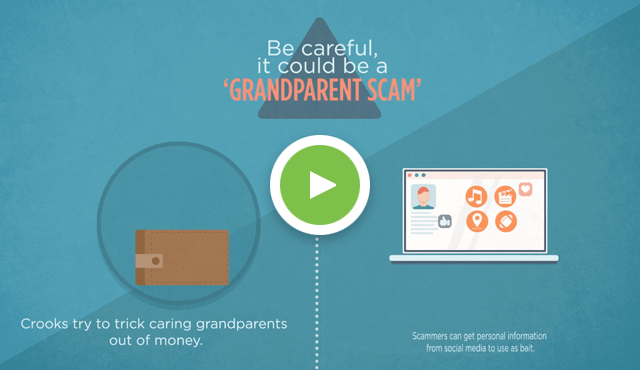Protecting your personal and financial information is of the highest priority.
Frequently Asked Questions
Adam Hopkins, Chief Security Officer
- Our Security Team takes steps to prevent and reduce fraud.
- We also educate customers on fraud protection and help resolve issues.
- If you are a victim of fraud or suspect suspicious activity, our team is here to assist you.
- Call us if you have any questions or concerns.
- The Customer Contact Center is open Monday-Friday, 8:00 AM - 5:00 PM.
- Phone: 1-859-236-2926 | Toll-Free: 1-866-888-0220
There always seems to be a new app or a new update to computers, mobile devices, and systems that pose potential security risks and opens up new opportunities for scams. When we find out about those risks, we let our employees and customers know. We want them to share that information with friends and family to help protect those in our communities from security risks and scams.
You should not worry, but you need to stay alert and informed. The more educated and informed you are the more capable you will be to recognize when fraud or a scam is occurring.
To keep your data secure, the bank encrypts your data and your access channels to protect it from hackers. We monitor all your connections to the bank to ensure that when your data is accessed, it is by you or someone at the bank.
If you have the slightest bit of question that something is legitimate or not, disconnect , hang up, or stop texting. Contact us with a number you know (859-236-2926 or toll-free at 866-888-0220), not one that could have been sent by a scammer. Let us know your situation so we can help.
First, contact the bank and report the scam and the information you may have disclosed. The quicker you report the scam, the quicker we can respond and protect you and your accounts. After that, we will help you to contact any law enforcement agencies, credit bureaus, and other financial services providers to inform them of your situation. Never be embarrassed to share you were scammed. Con-artists are really good at what they do. By reporting a scam, you can help yourself and others.
In the same way you should educate yourself, educate others. No one is too young or too old to be taught how to recognize scams and con-artists. Please, if you receive educational materials that you believe could help others, then forward it to them or print it off and share it with family, friends, church groups, or local committees you may be a part of and get the word out.
Many of the scams and threats to security seem to change with new technology but the underlying principles remain the same:
- If it’s too good to be true, it probably is.
- If you didn't enter a lottery or a contest, then you’re not going to win. Be cautious if someone says you won a prize.
- No legitimate organization will ask you to pay taxes up front or make a payment to get your prize.
- A bank will never contact you asking for your SSN, account numbers or any other private information.
- If someone contacts you and says you “Must Act Now” or something bad will happen, then that is a red flag and you should end the conversation immediately and contact someone you trust to help you navigate the situation.
- If someone says “you cannot tell this to anyone”, then you should tell a trusted friend, family member, your bank, or law enforcement officer immediately.
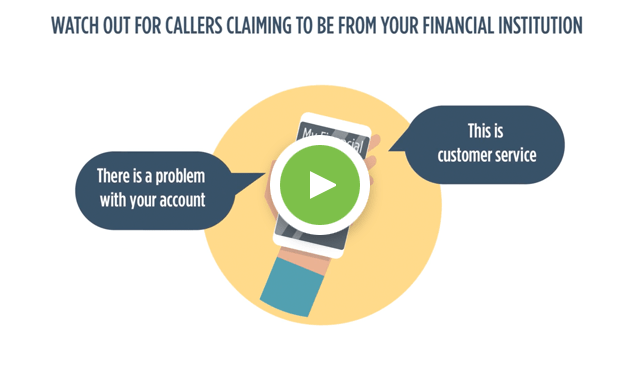
Watch Out For Scammers Claiming To Be From Your Bank
You receive a call from someone saying they are from Farmers National Bank and they request your Online Banking user name, password, account number or some other piece of your private information. Banks Never Ask That! Watch our video to learn more.
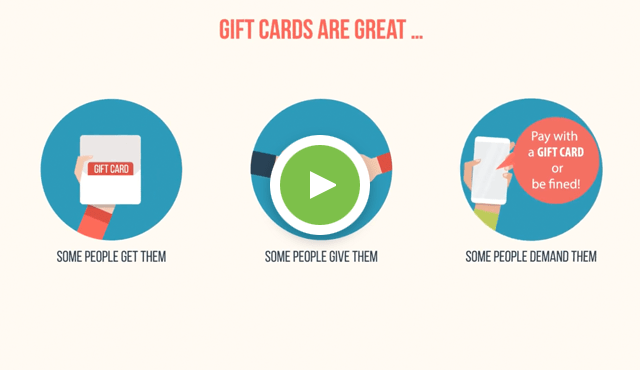
Protect Yourself From Becoming A Victim of Gift Card Scams
Gift cards are a great, easy way recognize or surprise someone. But they have also become a tool for scammers. If someone demands payments in gift cards, it’s more than likely a scam. Watch our video on how to protect yourself from gift card scams.
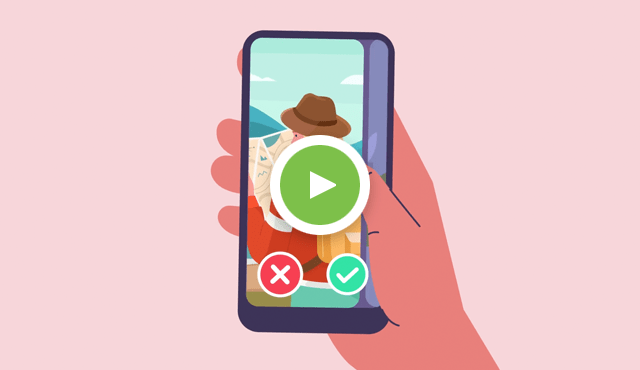
Watch Out For Signs of a Romance Scam
Farmers National Bank is seeing a sharp rise in this scam in which someone claims to love you but they end up stealing your heart and your money. You meet them online, in support groups or on social media. Watch our video to learn how the Romance Scam works.
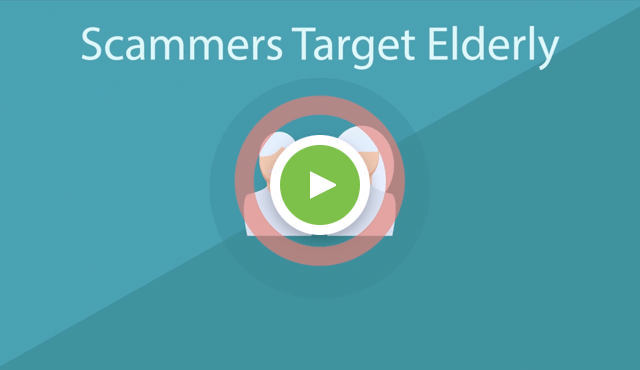
Be Alert For Scams Targeting the Elderly
Crooks prey upon older citizens in our communities. They call them by phone or use the Internet and social media to trick their victims with promises of prize money, scare tactics or by companionship. Watch our video for some of the most common elderly scams.
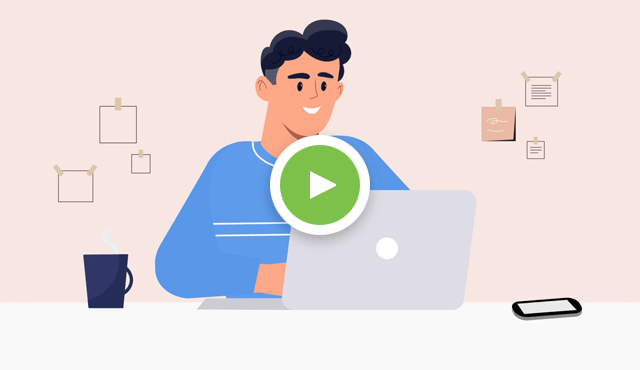
Don’t Fall For Tech Support Scams
We often see pop-up ads while using the computer or our mobile phones. You might see messages that say a virus has been detected and you need to click a link. Tech Support Scams try to trick you into sharing your credit card information or giving access to your computer. Watch our video for how to detect Tech Support Scams.
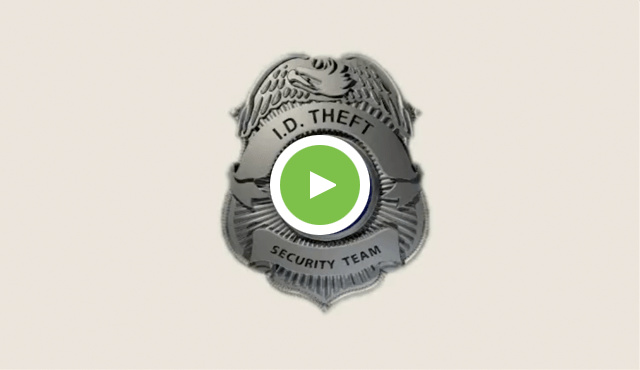
Identity Theft Protect
Your personal information, such as your bank account details, is valuable. Crooks can steal your information and identity. This can harm your good name and financial well-being. Watch our video to learn how to protect your identity and what to do if your identity has been stolen.
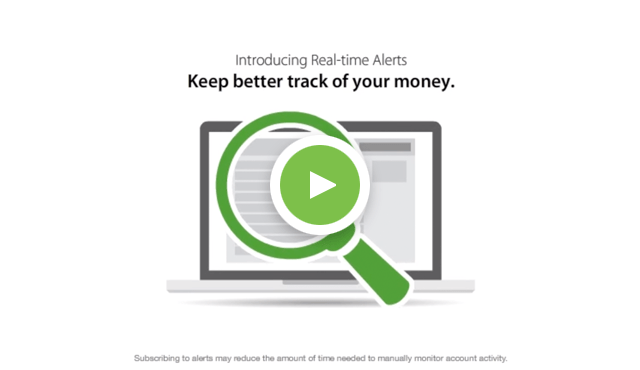
Real-Time Alerts
Know what’s happening with your money the moment it happens! Notifi Real-Time Alerts are sent to you by your choice of text, Farmers National Bank Mobile App notification or by email. There are dozens of alerts you can select such as when your balance drops below a certain level, when a deposit is made into your account or when your debit card is used.
